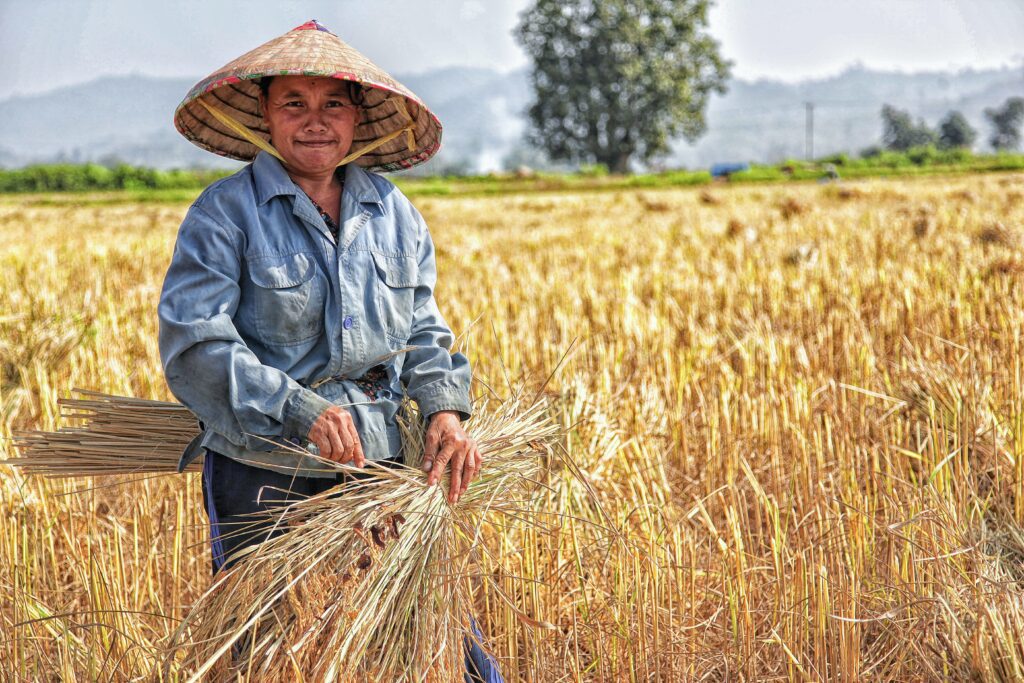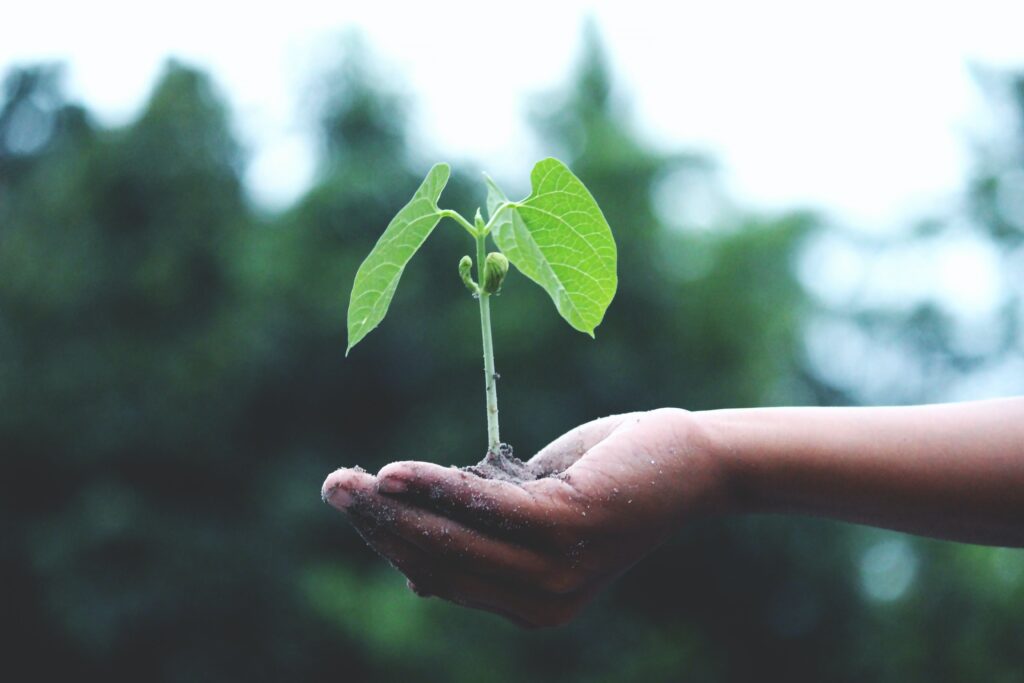
Farmers’ knowledge of their landscape and their skills in adapting to local conditions have been honed over many generations. Agroecology centres farmers as key decision-makers with the capacity and responsibility to provide nutritious and affordable food for themselves, their communities and beyond. Women farmers in particular often bring considerable knowledge based on their expertise in producing food, fibre and medicinal crops, saving and selecting seeds, protecting biodiversity, ensuring dietary health and household food security, and processing food for added value. Small-scale farmers collectively produce the majority of food that nourishes communities throughout Latin America, Asia and Africa.

Agroecology prioritises soil health as the basis of healthy agroecosystems. By returning organic matter to the soil, agroecology promotes biological activity, improves its structure, increases fertility and minimises nutrient losses. This favours the growth of healthy plants resist- ant to pests and diseases, and nutritious food. Agroecology also supports biodiversity — above and below ground, providing critical resources for a diversity of life to flourish — and maintains the healthy functioning of surrounding natural ecosystems and important ecosys- tem services such as pollination and biological control of pests.
Agroecological practices include genetic, crop and system diversification through intercropping, green manures, cover cropping, multi-year crop rotations with nitrogen-fixing plants, agroforestry and integrated crop-animal systems.

Agroecology integrates sciences and ecological principles with local and Indigenous knowledge and practice. It combines scientific inquiry by farmers and professional scientists, with com- munity-based experimentation and investigation using formal and informal methods, while creating space for alternate ways of knowing and understanding the agroecosystem and people’s relationship within it.
Examples include Farmer Field Schools, farmer-scientist-NGO networks such as SOCLA and MASIPAG, approaches of the Latin American Agroecological Institutes, plant health clinics, farmer-to-farmer extension and community-based, on-farm agro- ecological studies.

Agroecology embraces the complexity of different sources of knowledge, system processes and flows, and ecological as well as social relationships. This complexity provides a high degree of resilience to system stresses such as extreme or variable weather, market fluctuations, or other perturbations — in contrast to monocultural systems that are inherently unstable and easily disrupted by such perturbations.
Examples include duck-fish-rice systems producing meat, fish, grain and straw, while providing weed and pest control and recy- cling nutrients, and systems that provide multiple agricultural products for farmers and consumers connected through direct market or other social linkages.

Agroecology optimises system efficiency by enhancing biological processes and the recycling of biomass, nutrients, water and energy. Agroecology conserves resources, reduces dependency on costly nonrenewable external inputs, enhances synergies and maintains the integrity and resilience of the system. Agroecological systems consistently demonstrate higher land use efficiency than monocultures, when comparing output from the multiple components produced together (e.g. crops, animals, fibre, honey, medicinal products, etc.) with the output from single-commodity systems.
Examples include integration of deep-rooted perennial plants that capture water and nutrients below the root zone of annual crops; crop-livestock systems that recycle organic matter; and integrated rural-urban food and farming systems in which urban “green waste” is recycled as compost for nearby farms that in turn deliver healthy nutritious food with social and cultural value back to consumers.